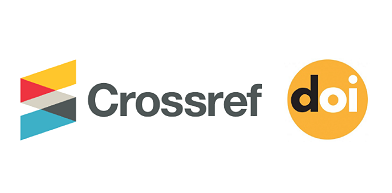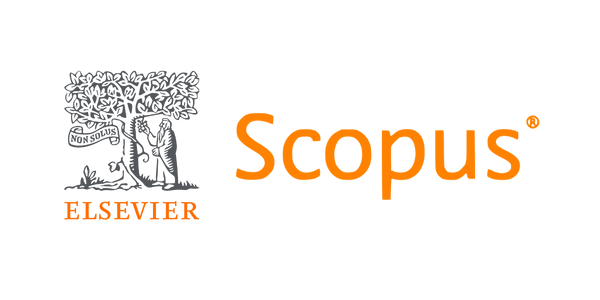Quality assessment of packaged water brands in a university teaching hospital in southern Nigeria
DOI:
https://doi.org/10.61386/imj.v18i1.607Keywords:
drinking water, sachet and bottled water, UUTH, UyoAbstract
Background: Every year, globally, high rates of morbidity and mortality from waterborne diseases are reported due to non-compliant packaged water that fails to meet recommended safety standards. While studies have assessed the quality of drinking water in communities, researches on water quality in healthcare facilities are scarce. Healthcare facilities must ensure safe drinking water sources, to prevent complicating patient illnesses or prolonged hospital stay.
Objective: This study aimed at determining the conformity of bottled and sachet water brands available in the University of Uyo Teaching Hospital to both national and international guidelines for drinking water quality.
Methodology: This was a facility based descriptive cross-sectional study involving the physicochemical and biological analysis of 10 randomly selected packaged water (5sachet and 5 bottled water) brands. Results of analysis were compared with values in WHO Guidelines and the Nigerian Industrial Standards for Drinking Water Quality.
Results: Physical analysis of the water samples revealed no abnormalities. Electrical conductivity, total dissolved solids and magnesium hardness were increased in both bottled and sachet water brands. 60% of the sachet water samples showed evidence of gross bacterial contamination (>50cfu/ml) while 20% of the bottled water samples were grossly contaminated.
Conclusion: Sachet water brands failed to meet minimum standards in most of the parameters assessed. In contrast, bottled water brands were found to be of relatively safer quality. Bottled and sachet water brands sold in the healthcare facilities should undergo regular quality analyses to ensure patient safety.
Published
License
Copyright (c) 2025 Benson SA, Ekanem AM, Ekpuk IN, Amafaye WD, Akpan IE, Udo AI, Edem SA, David E, Akpabio KO, Nneamaka AA

This work is licensed under a Creative Commons Attribution 4.0 International License.










